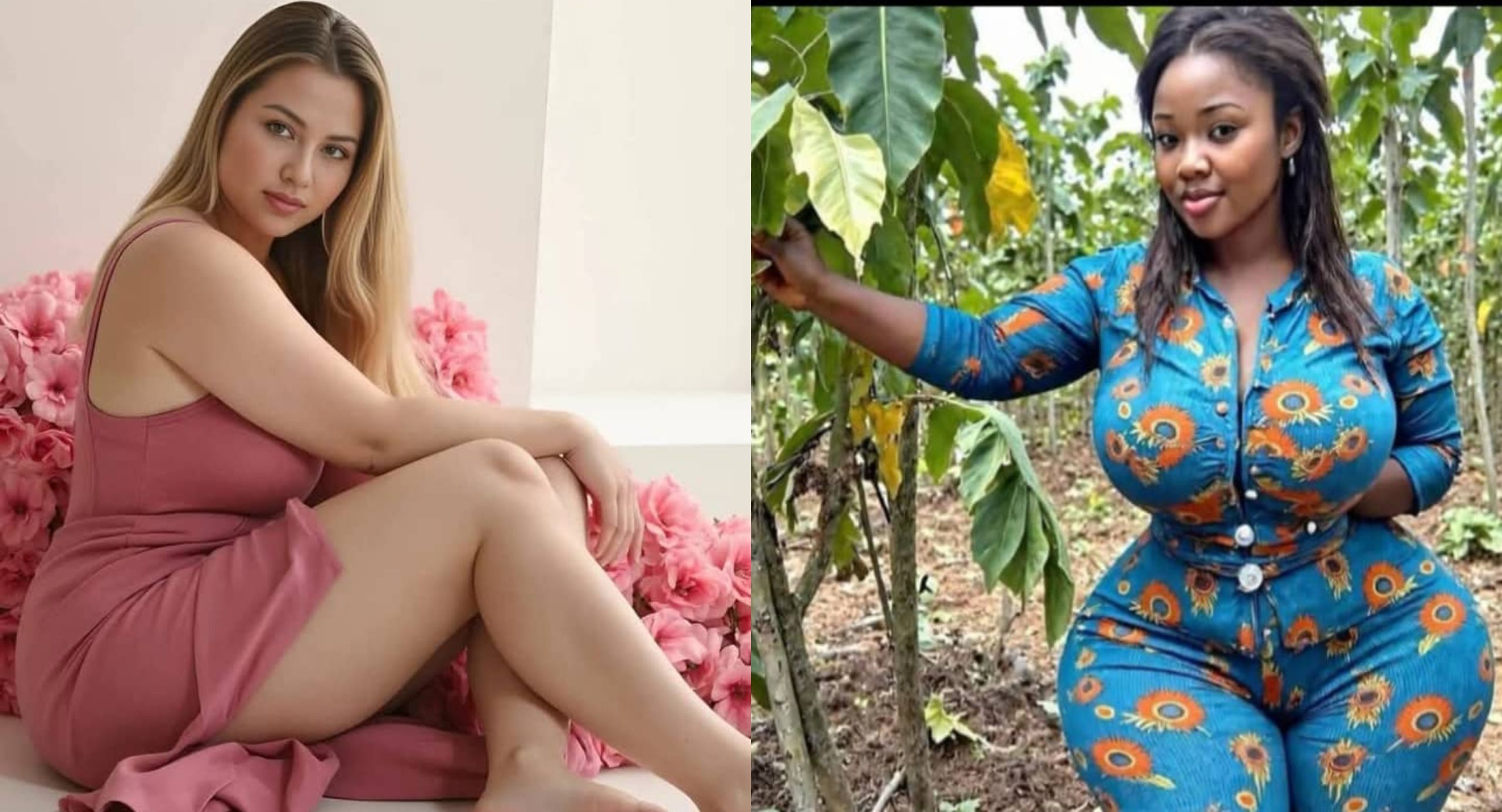
The question of trust in marriage often sparks heated debates, especially when it is framed along racial lines. “Would you trust a Black or a white lady for marriage?” is a sensitive and complex question that goes beyond skin colour and into the depths of culture, upbringing, societal perception, and personal experiences.
While some may be quick to assign trustworthiness based on race, relationship experts caution against such generalisations, calling for a more nuanced and thoughtful approach.
According to marriage counsellor and relationship author Gifty Mensah, trust in a partner should be based on character, values, and emotional maturity, rather than racial identity.
“Whether Black or white, what makes a woman trustworthy is her integrity, commitment, communication, and emotional intelligence,” she said. “Judging trustworthiness by race is not only unfair, but also undermines the individuality and humanity of women.”
Some societal beliefs suggest that women from certain cultural or racial backgrounds behave in predictable ways in marriage. For instance, in some African communities, there is a notion that white women are more submissive or open-minded, while Black women are perceived as more assertive or demanding. However, experts argue that these are stereotypes often fueled by media and selective experiences.
“Culture may influence behaviour, but people evolve based on education, personal values, and life experiences,” explained Dr. Kwame Badu, a sociologist at the University of Ghana. “You will find respectful, loyal, and loving women in every race. You will also find the opposite in every race. Trust is built, not inherited through skin tone.”
Family background, moral foundation, and religious beliefs play a more significant role in determining marital behaviour than race. A woman raised in a stable, value-driven home is more likely to exhibit trustworthiness, regardless of her racial background.
Mr. James Larbi, a Ghanaian who has been married to a white woman for over a decade, said, “It’s not about race; it’s about the person. My wife and I trust each other because we communicate openly and respect each other’s differences. Love goes beyond skin.”
In today’s globalized world, interracial relationships are becoming more common, and partners are learning to navigate cultural differences with understanding and mutual respect. With this shift, more people are focusing on compatibility and shared vision rather than race.
In the end, the question of who to trust for marriage, a Black or white lady, is not a matter of race but of personal compatibility, shared values, and genuine love. As society becomes more open-minded, trust in marriage will be built on hearts, not hues. Don’t forget that Black and White are the same people!




